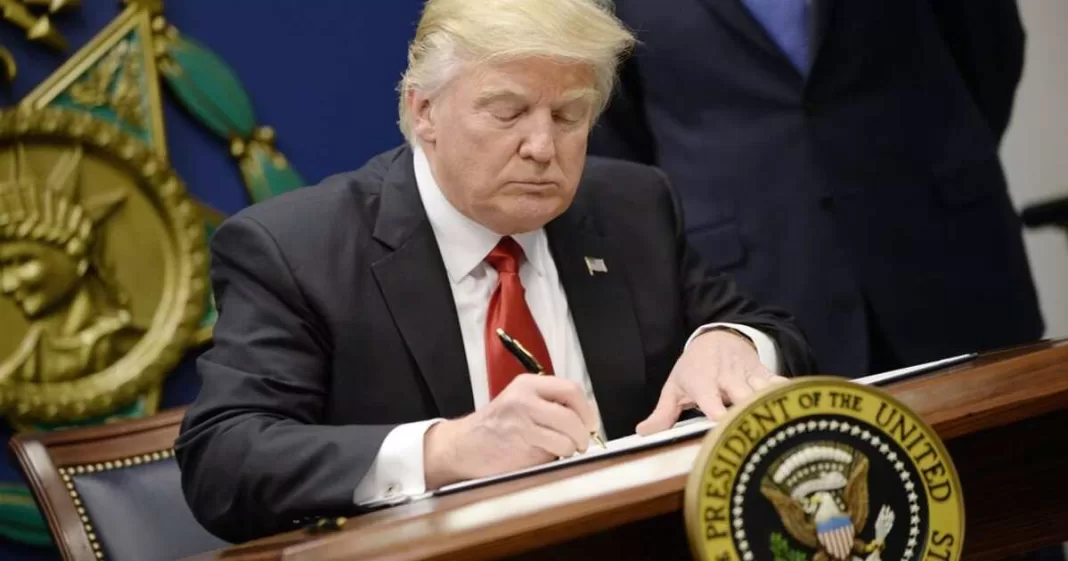Former President Donald Trump made headlines by announcing his intention to reintroduce the controversial Muslim travel ban.

In a recent campaign rally held in Wolfeboro, New Hampshire, former President Donald Trump made headlines by announcing his intention to reintroduce the controversial Muslim travel ban. This decision comes in the wake of escalating violence in the Middle East, particularly following the brutal Hamas attack on Israel. Trump’s pledge to stand with Israel and his promise to reinstate the travel ban on terror-afflicted countries have ignited both support and criticism.
Trump Administration’s Original Travel Ban
Donald Trump’s original travel ban, issued shortly after taking office in 2017, barred individuals from seven predominantly Muslim countries from entering the United States. This executive order sparked widespread controversy, as many critics argued that it was discriminatory and Islamophobic. The ban faced legal challenges and went through several iterations before it was upheld by the Supreme Court in 2018.
Revisiting the Travel Ban
During his recent rally, Trump stated his intention to reimpose the travel ban on countries considered to be “terror-afflicted.” He justified this decision by claiming that the ban had effectively prevented “Islamic terrorists” from entering the United States during his presidency, a contention that lacks concrete evidence. The former president also alleged that tens of thousands of “probable terrorists” have entered the country since President Joe Biden revoked the travel ban.
Security Concerns
Trump’s renewed call for a travel ban is rooted in concerns about national security. He has asserted that the recent violence in the Middle East, particularly the Hamas attack on Israel, is reason enough to bolster immigration restrictions. He argued that the same individuals responsible for the attacks in Israel may be attempting to enter the United States through its southern border with Mexico.
Critics point out that the violence in the Middle East and potential threats to the United States are not directly related, and there is no specific intelligence indicating that the violence in the Middle East poses an imminent threat to American soil. The FBI, in a statement, clarified that there was no “specific and credible intelligence indicating a threat to the United States stemming from the Hamas attacks in Israel.”
International Stance and Diplomacy
The United States has a long-standing commitment to supporting Israel, and Trump’s pledge to stand strongly with the state of Israel aligns with this tradition. However, foreign policy experts stress the importance of a balanced approach in the Middle East to achieve long-term stability and peace.
Reactions to Trump’s Announcement
Reactions to Trump’s announcement have been mixed. His supporters applaud his commitment to national security and his stance in favor of Israel, while critics view his proposed travel ban as a discriminatory measure that unfairly targets Muslim-majority countries. The debate highlights the broader issue of how best to address the complexities of immigration and national security.
Read More: Trump business empire under threat as New York fraud trial opens
Donald Trump’s announcement of his intention to reintroduce the Muslim travel ban in the midst of Middle East violence and the Hamas attack on Israel has generated significant attention and debate. While some see it as a necessary security measure to protect the United States, others view it as a discriminatory and ineffective policy. The impact of Trump’s proposal, both domestically and internationally, remains to be seen, but it undoubtedly underscores the complexities of national security and immigration policy in the 21st century.









